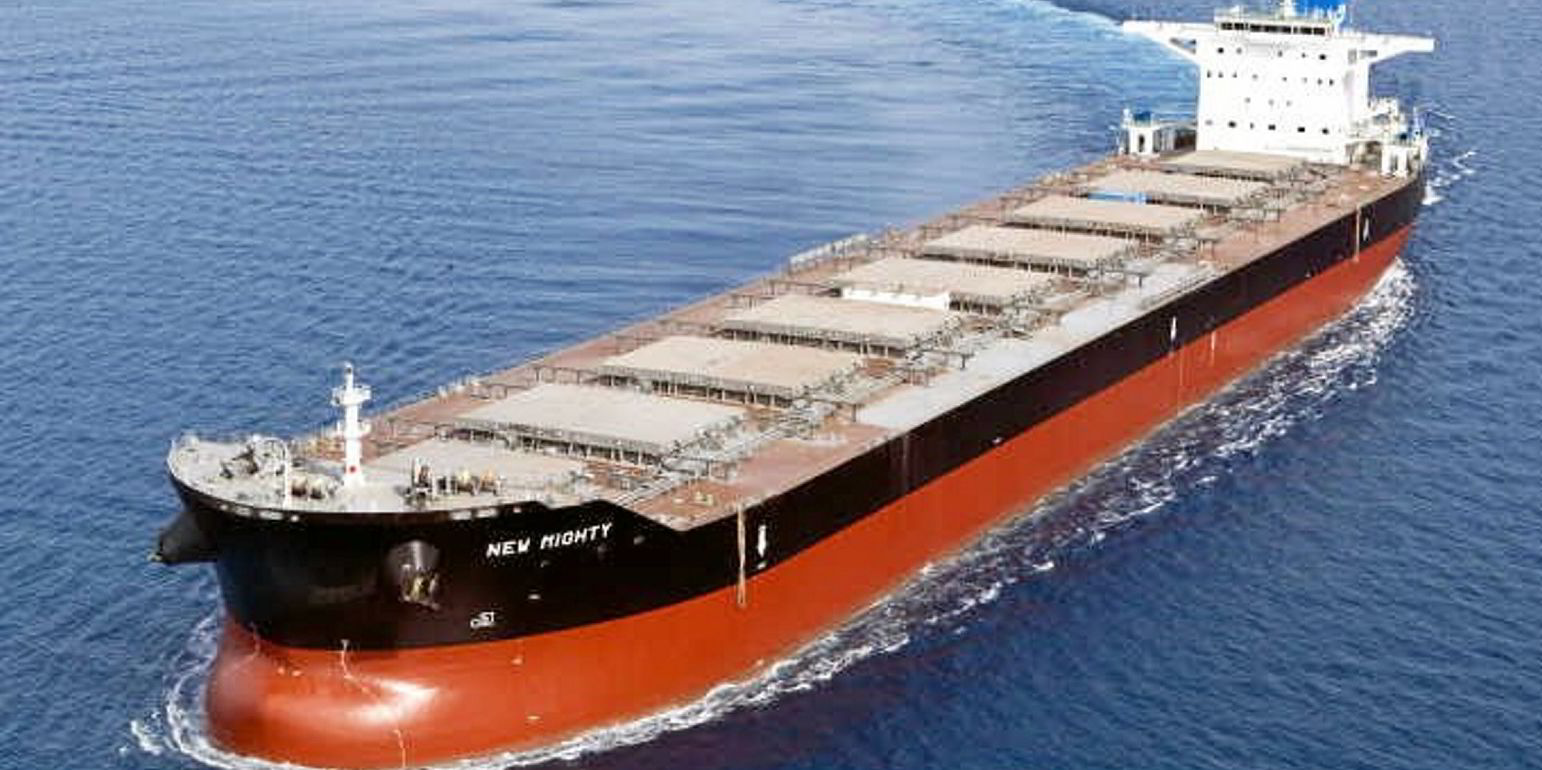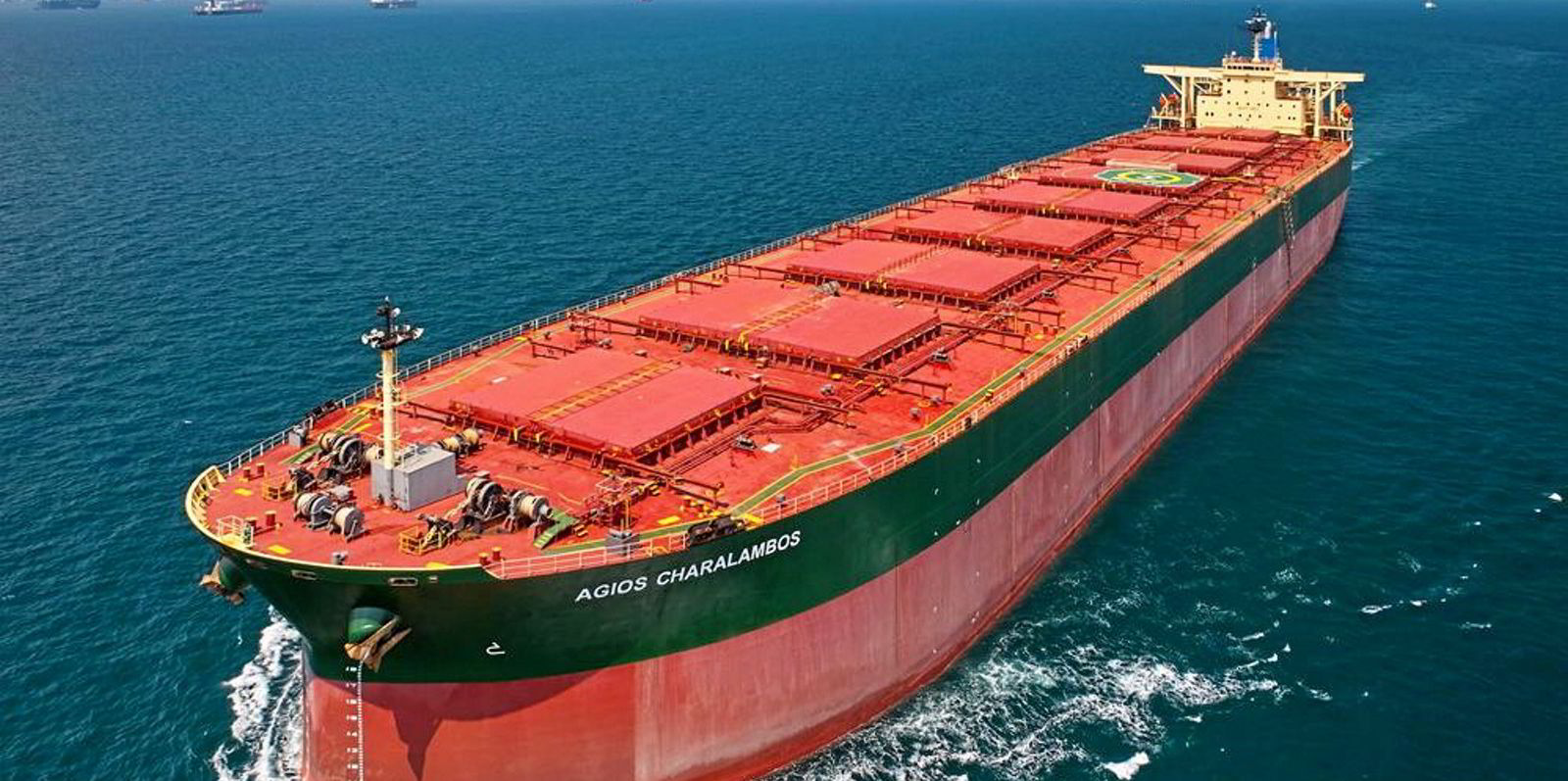New York-listed dry bulk shipping shares may or may not perform well over the next quarter, depending on which analyst you ask.
One analyst expects bulker equities to improve as freight rates pick up in the autumn, but another analyst is not so sure that will happen, given market uncertainty.
Clarkson Platou Securities’ Frode Morkedal said stocks may benefit from autumn rates, despite being lowballed on Wall Street, but Deutsch Bank’s Chris Robertson said they may flounder from market uncertainty.
Morkedal contended that the stock prices imply that Wall Street has underestimated resale values for capesize newbuildings at $53m, below broker assessment of $60.5m. And it implies a low time-charter rate at $7,500 per day.
“Sentiment is too low, but as we’ve seen in the past, when freight rates rise in the autumn, equities can react strongly,” he wrote in a note on Monday.
The average time charter rate should be $14,000 per day, even if newbuilding prices fall 10% from their current value of $64.5m, said Morkedal.
He said dry bulk equities are performing at 78% of net asset value (NAV).
“We believe the stock market is pricing in excessively low charter rates, especially given that net fleet growth from 2023 is close to nil when slow steaming due to IMO [International Maritime Organization] carbon limits is included.”
He said bulker shares are selling at a price-to-earnings ratio of five times on average, based on Clarksons’ rate outlook of $22,000 per day for 2023.
“As a result, we believe that dry bulk equities have significant upside potential,” he wrote.
The Baltic Exchange’s Capesize 5TC, which averages spot rates across five key routes, is well below Clarkson’s 2023 estimate, having slipped 1.1% to $6,199 per day on Monday after plummeting 43% over the prior week.
Offering a contrasting view, Robertson argued that the market, which has factored in positive supply-side dynamics alongside uncertainty around slowsteaming and new technology, is too worried weak demand will continue to weigh on Wall Street.
“I don’t think it is a misunderstanding of the supply side that is driving equity underperformance,” he told TradeWinds.

“It is fear and uncertainty as it relates to underlying demand. There are concerns around the Chinese real estate market and property market, and China has lowered its mortgage lending rate for the second time this year to try and boost lending.”
He said further slowdowns in the Chinese economy and real estate sector would likely mean less demand for iron ore and coking coal, unless China tried to steady the economy through infrastructure spending.
“I also think that there is ongoing fear of a global economic slowdown, which would negatively impact minor bulk demand and mid-sized vessel rates,” he said.
And if freight rates do rise in autumn, they would still be below rates of prior years and further confirm market fears of a slowdown and what that could mean for future rates, he said.
“Clearly the market is pricing in low charter rate estimates, but it is not based on irrational fear,” he said.
“Looking at the global macro and geopolitical environment, there are plenty of reasons to at least be sceptical of underlying dry bulk commodity demand even if the supply picture looks fantastic.”






